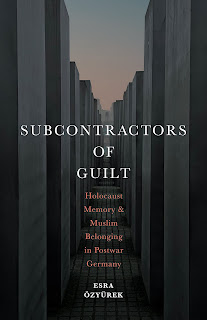
About the book, from the publisher:
Winter has come early to the tiny Siberian village of Roslazny, but for Olga Pushkin, aspiring writer and Railway Engineer (Second Class), it only makes leaving the harder. Olga is being forced overseas by her jealous superior, and now faces two years in exile from her beloved rail-side hut, her white-breasted hedgehog Dmitri, and Vassily Marushkin, sergeant-in-charge at the tiny Roslazny police station.Visit C.J. Farrington's website.
Fate seems to intervene when Olga's train crashes outside Roslazny, shutting the line and killing two on board - local celebrity Danyl Petrovich and his wife, Anoushka. But Vassily Marushkin soon discovers that the Trans-Siberian locomotive was derailed on purpose. As the weather closes in, trapping the villagers - and the suspects - inside, Vassily begins a murder investigation in which Olga and her long-lost friend, Nevena Komarov, soon become closely involved.
But murder and extreme weather isn't all Olga has to deal with. Recalcitrant publishers, haunted police stations, and embarrassing online exposés combine to make this early winter a particularly challenging one - with the threat of a forced departure still looming as soon as the weather lifts. Can Olga find out who killed the Petroviches, secure the release of her book, exorcise the ghost, and save her job, all at the same time?
--Marshal Zeringue






































